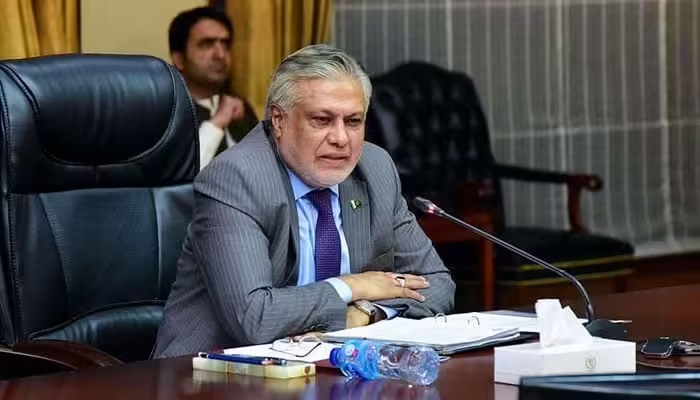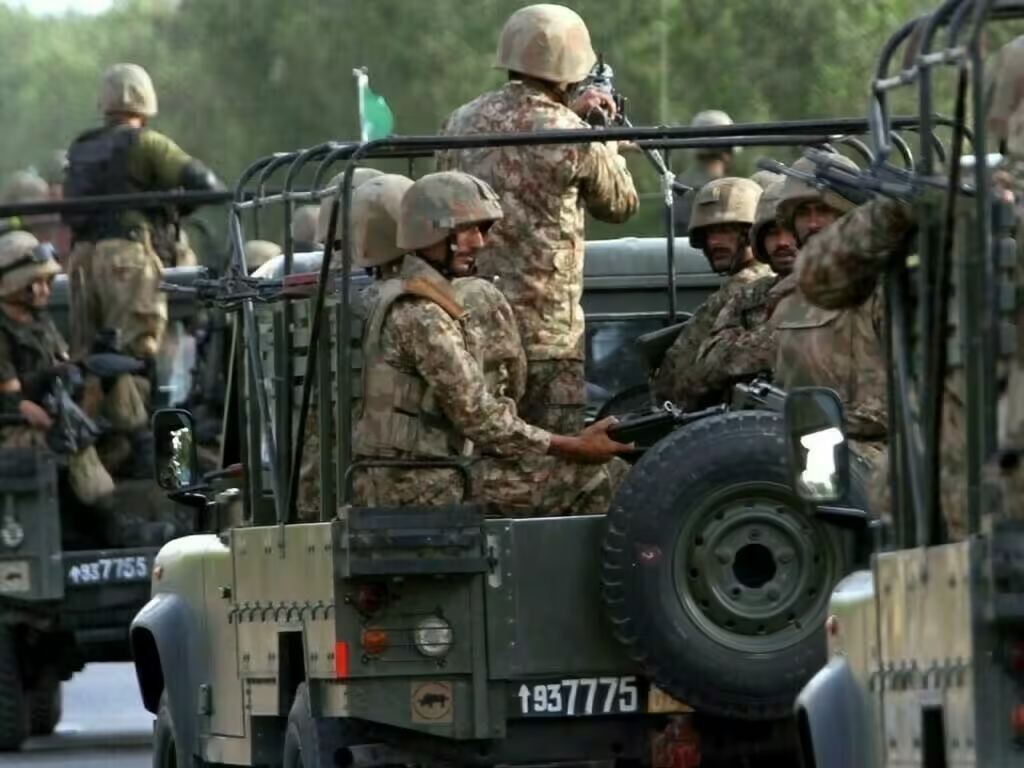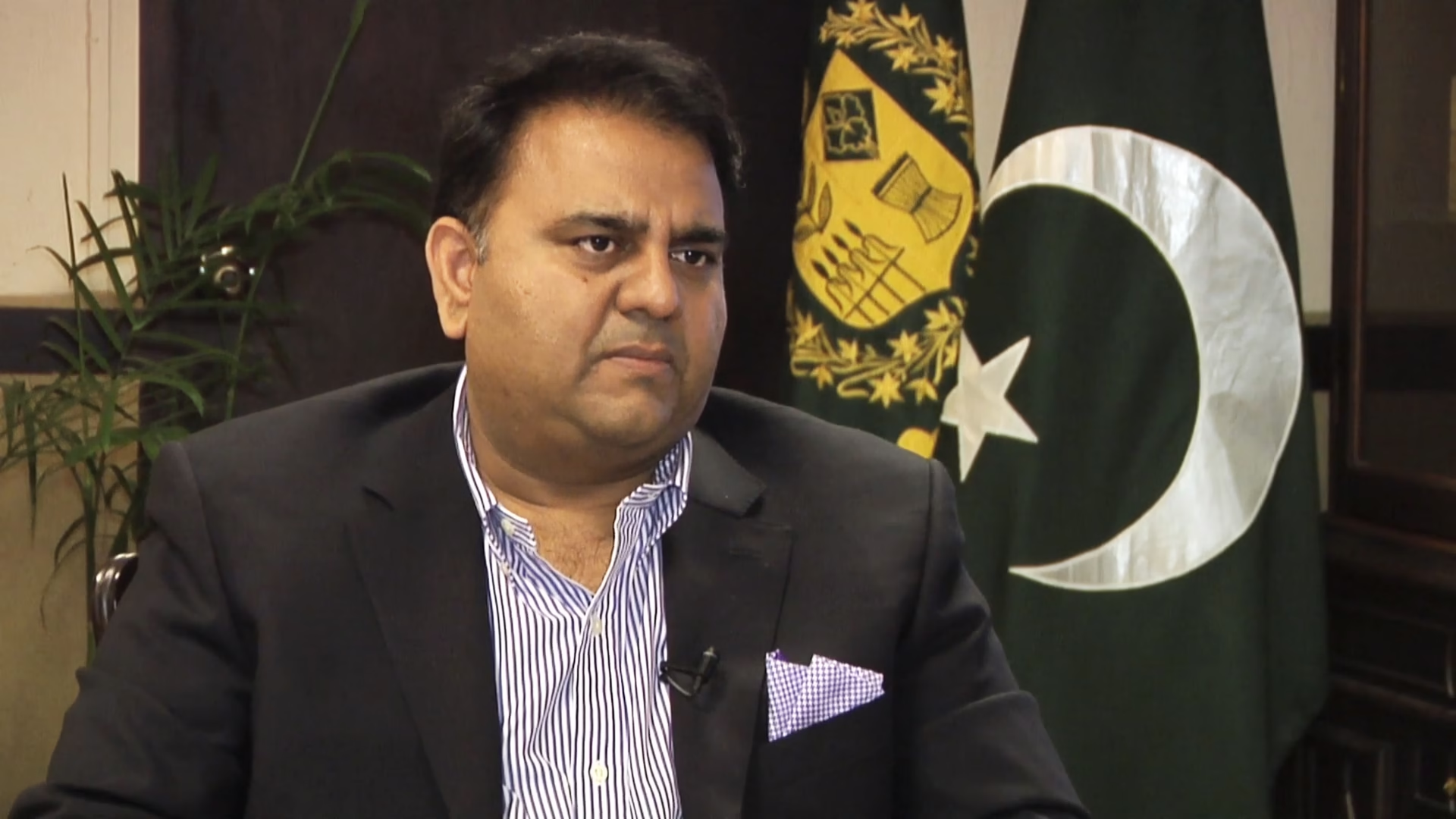In a recent press conference in London, Deputy Prime Minister and Foreign Minister Ishaq Dar squarely blamed former Prime Minister Imran Khan and retired Lieutenant General Faiz Hamid, former Director-General of the Inter-Services Intelligence (ISI), for the resurgence of terrorism in Pakistan. Dar accused them of rehabilitating dangerous militants in Pakistani settled areas during the Pakistan Tehreek-e-Insaf (PTI)-led government, particularly in Khyber Pakhtunkhwa, which enabled terrorist groups to regain control in several regions.
Referring to Faiz Hamid’s visit to Kabul shortly after the Taliban’s rise to power in 2021, Dar questioned the motives behind the ex-spymaster’s statements. At the time, Faiz Hamid was filmed telling a reporter, “Don’t worry, everything will be okay,” in response to a query about the future of Afghanistan under Taliban rule. According to Dar, this visit, coupled with decisions taken during that period, significantly contributed to Pakistan’s current terrorism crisis.
“What followed that trip was the release of over 100 hardened criminals,” Dar revealed. “Many of these individuals have now assumed leadership positions in terrorist organizations and are orchestrating attacks across Pakistan. Nearly 40,000 militants, who had fled during military operations Radd-ul-Fasaad and Zarb-e-Azb, were allowed back into the country. Today’s terrorism is a direct consequence of those actions.”
Dar emphasized that Faiz Hamid’s actions were not isolated, asserting that he would not have traveled to Afghanistan without the approval of then-Prime Minister Imran Khan. “This is common sense,” Dar said. “The violence and terror we see today are tied to those decisions. Had Faiz Hamid not taken those steps, the situation could have been vastly different.”
The Deputy Prime Minister expressed high regard for the current Chief of Army Staff (COAS) General Asim Munir and the present ISI leadership, praising them as “high-class professionals” who are “completely apolitical.” He lauded their focus on national interests, emphasizing that their commitment to the country’s well-being was evident through their actions. Dar added that the strong alignment between the government and the military leadership under General Munir was a positive sign for Pakistan’s future. “The army chief’s agenda is solely Pakistan, and this is a good omen for our nation.”
In contrast, Dar was critical of Imran Khan, particularly when asked about Khan’s candidacy for the role of Chancellor at Oxford University. “Imran Khan is currently a convicted individual,” Dar noted. “This runs contrary to the university’s criteria. If Oxford allows this, it would be seen as purely political. I studied at the prestigious Institute of Chartered Accountants in the UK, and they wouldn’t even allow him to become a councillor, let alone a chancellor.”
Dar also raised concerns about the spread of misinformation through social media, revealing that he had discussed the issue with the UK government. He compared the swift justice delivered in the UK following recent riots to the perceived delays in Pakistan’s handling of those involved in the violent events of May 9. He noted, “Some forces wanted Pakistan to default last year, and there was a lot of noise about it. But we showed that Pakistan has strength and resilience, even without IMF support.”
The deputy prime minister stressed the importance of transforming Pakistan into an economic powerhouse. “We are determined to strengthen the economy at any cost,” he said. Dar underscored the commitment of Pakistan Muslim League-Nawaz (PML-N) leader Nawaz Sharif to guiding the party and the government. “Nawaz Sharif is fully active, providing leadership and direction. Under his guidance, we are ready to make any political sacrifices necessary to fix the country.”
Touching on the issue of accountability, Dar mentioned that General (retired) Faiz Hamid was being prosecuted under military law for his alleged violations. “The law will take its own course, but those involved in the attacks on military installations on May 9 went too far. Such actions would not be tolerated anywhere in the world,” he asserted.
During the press conference, Dar also addressed the ongoing efforts to restore Pakistan International Airlines (PIA) flights to and from the United Kingdom, which had been grounded after an ill-advised statement by a PTI minister. He mentioned that the government had updated its aviation laws in line with the UK’s requirements and was optimistic about resuming flights soon.
Furthermore, Dar highlighted the importance of the Pakistani diaspora in the UK, calling them “the most articulate, diverse, and politically active” among overseas Pakistani communities. He pointed out that there are two cabinet members of Pakistani origin in the UK, 15 members in the House of Commons, 11 in the House of Lords, and numerous councillors and mayors.
Concluding his remarks, Dar contrasted the economic performance under the PML-N government with the downturn that followed in the post-2018 PTI era. He claimed that by 2017, Pakistan had become the 24th largest economy globally, with 6% GDP growth and the best stock market in Asia. However, he lamented that poor governance in subsequent years had caused Pakistan’s global ranking to plummet to 47th by 2022.



